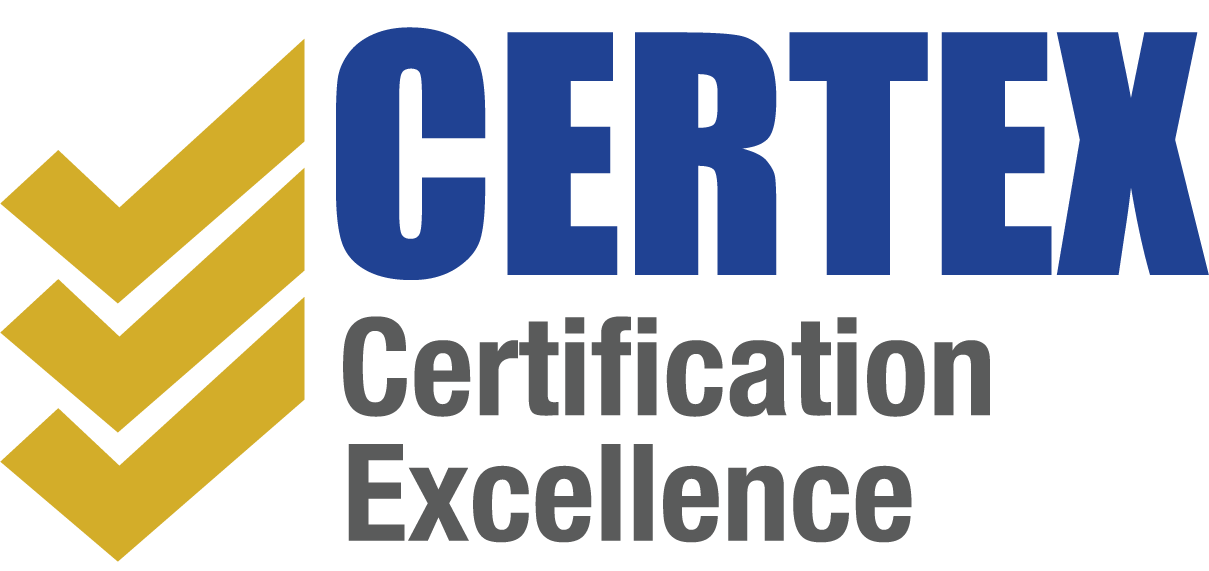Modern Slavery Reporting Legislation
As the new Modern Slavery reporting legislation comes into operation, businesses need to start preparing to meet then new requirements. In one of 2019's Across the MD’s Desk webinars, our very own MD Dianne Gibert addressed some pressing areas and changes businesses will need to be aware of to comply with the legislation.
Though Modern Slavery (such as human trafficking, slavery, forced marriage, and debt bondage) often sounds unlikely in developed countries such as Australia, the global statistics are often shocking to many. There are an estimated 40 million cases of modern slavery world-wide with 30 million estimated to be limited to the Asia Pacific area. As of June 2017 there were over 750 referrals of human trafficking and slavery offences to the Australian Federal Police (since the introduction of these offences in 2004).
The unprecedented new legislation places responsibility on businesses to be accountable for addressing Modern Slavery concerns across their supply chains, not just within their own business operations.
NSW Act
Businesses with employees in New South Wales should also be aware that there is supplementary legislation governing their reporting responsibilities. This covers businesses with employees in the New South Wales earning revenues in excess of $50 million and does not require the itself business to be based in NSW to fall within the ambit of the Act. Simply having one employee in New South Wales will be sufficient.
The NSW Act sets out penalties for failure to report and misleading statements.
Risks
Some risk prone areas include industries (particularly recruitment) wherein unskilled or seasonal labour, short term contractors or outsourcing is used. Similarly, businesses should be aware of product and service risks such as short delivery time-frames and product sourcing from high-risk countries.
Furthermore, the focus on supply chains requires businesses to be careful in addressing not only their operations but those of suppliers and contractors and whether they have poor governance structures, a track record of Human Rights violations or poorly managed auditing processes.
Reporting obligations
Many recruitment businesses and businesses in other industries should be aware that many of their clients will fall within the reporting threshold. As a result, you may begin to be approached by your clients with questions regarding how your business is monitoring your supply chain.
The Commonwealth Act does not impose penalties for failure to report. However, businesses wishing to enjoy the benefits of reporting and being on the publicly available reporting register will need to follow the reporting process. Please note that the NSW legisation is different - see below.
Reporting businesses will need to satisfy requirements such as supply chain lists, risk assessment of Modern Slavery in their operations as well as their supply chain (including any action taken), and other relevant information.
Late in 2019 the Department of Home Affairs released the final guidance for Modern Slavery reporting and details reporting periods (and due dates for statements) as well as what is expected in each of the seven reporting criteria.
Recommendations
In terms of addressing these responsibilities, businesses can train employees in the relevant Human Rights issues and identifying Modern Slavery, reviewing governance structures, mapping their supply chains, working on risk assessment and identifying risks, along with cultivating collaborative partnerships with suppliers you trust.
Larger companies are advised to prepare their annual Modern Slavery Statement.
Conclusion
From the operation of similar obligations in the US and UK, it is expected that demonstrating supply chain transparency at the top tiers will be more difficult and is often a long process. Businesses should begin addressing risks and commence the reporting process as soon as possible.
For companies seeking assistance in meeting their obligations under this new legislation, Certex is able to provide a Modern Slavery Support service to help you understand and meet your requirements. Contact us to find out more.

